Renée Baker
When I was asked to curate a list of composers of color, immediately the never-ending list of superlatives — 10 best, most popular, 30 under 30, 40 under 40 (lol ... no one stays there!), most played, most commissioned — came to mind.
In the spirit of non-competitiveness as well as not giving you, the audience, a playlist, I decided to do introductions and have you do your homework. Every composer on this list has traversed many landscapes in terms of genres. Wouldn’t it be more fun to discover their gems instead of giving you a one-hit-per-composer playlist?
Simply put, I decided not to add to anyone’s cognitive biases, nor distort the reality of the journey that you’re about to take with my so-called favorites.
We’re on our phones constantly throughout the day. Pick a composer from this list, and you’ll be surprised what you’ll learn. These are superbly talented folk, and I’m so lucky to be counted among them. And there are so many others. You could actually take this journey every month of the year.
I’ve read that we are flooded with information from millions of sources throughout the day, hence our brains develop ranking systems, deciding which information deserves attention and which information is important enough to remember.
Every composer here deserves attention. I won’t cheapen your discovery by taking away the opportunity you’ve been handed. I’m just cracking the door a tiny bit, just in case you’ve missed some brilliant minds.
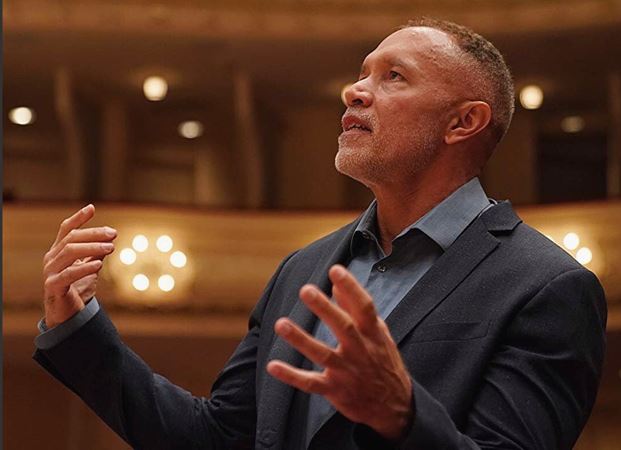
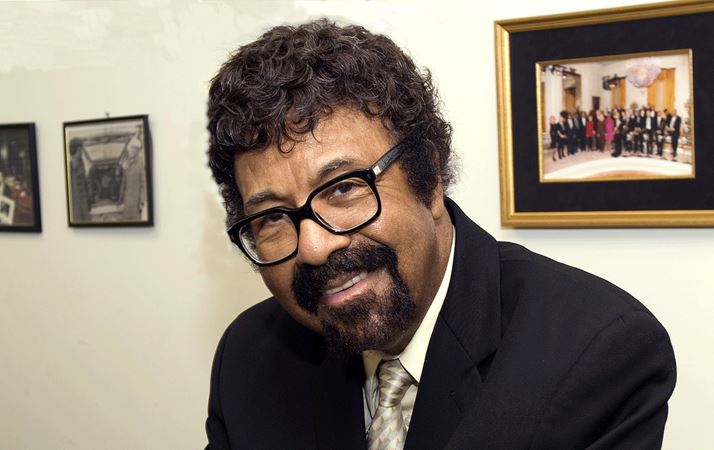
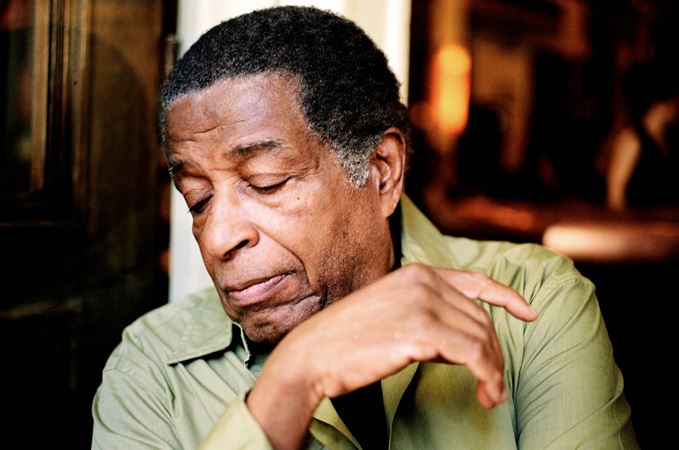
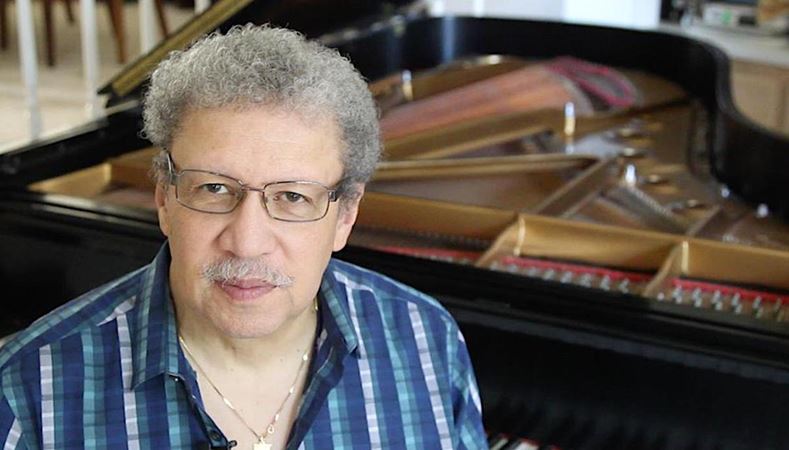
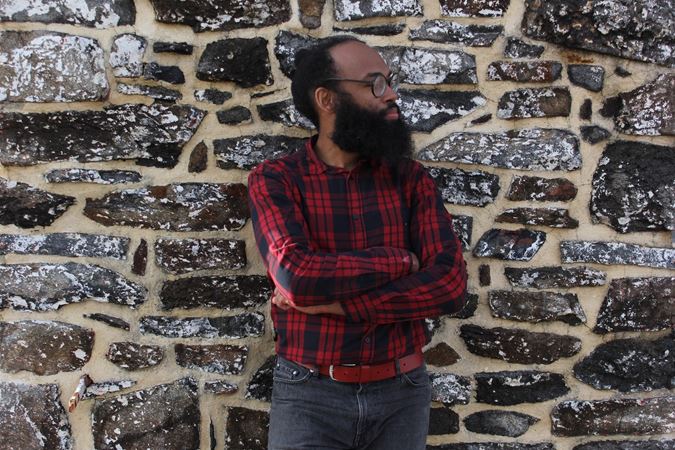
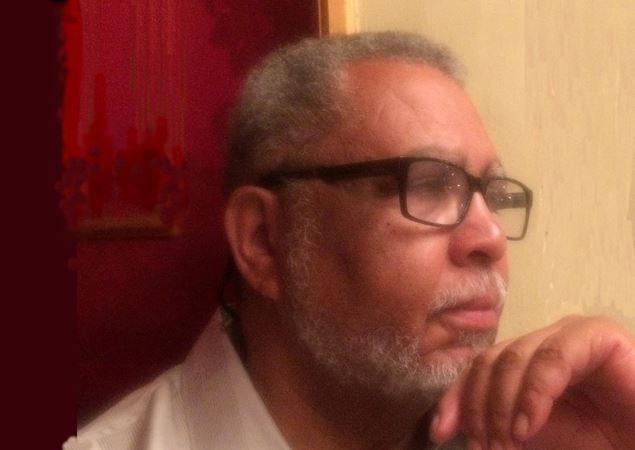
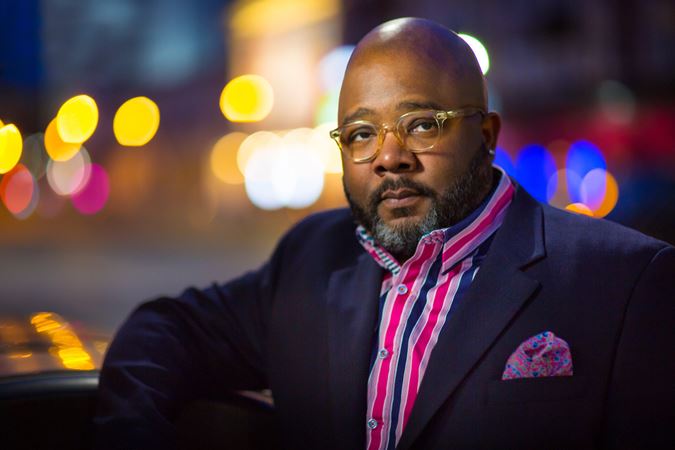
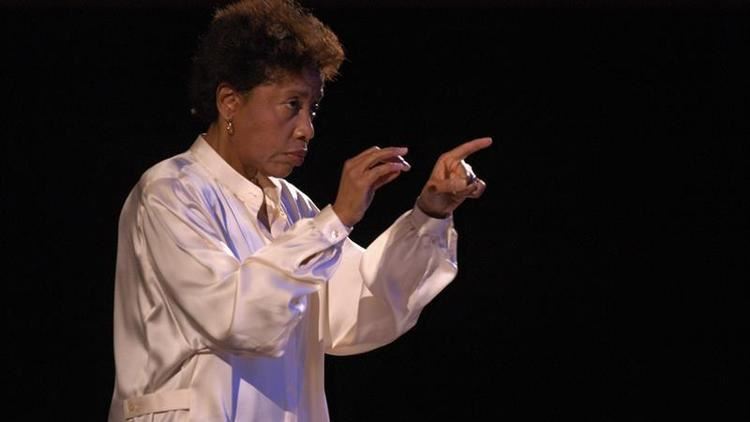
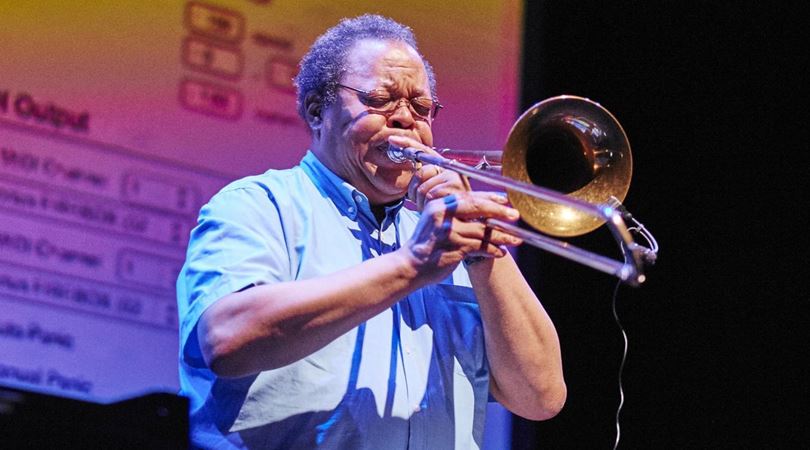
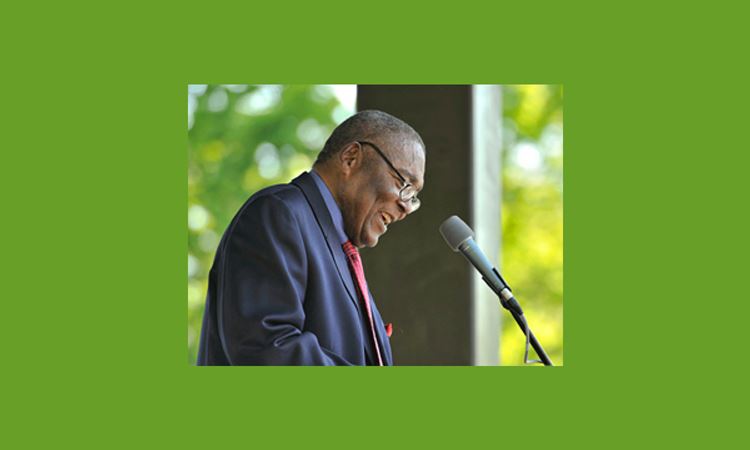
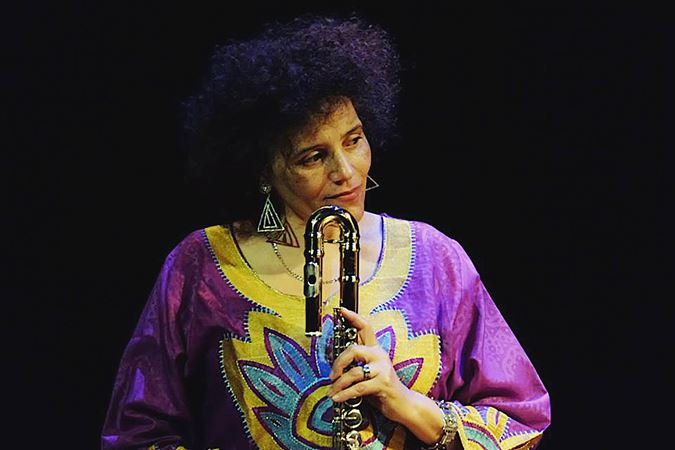

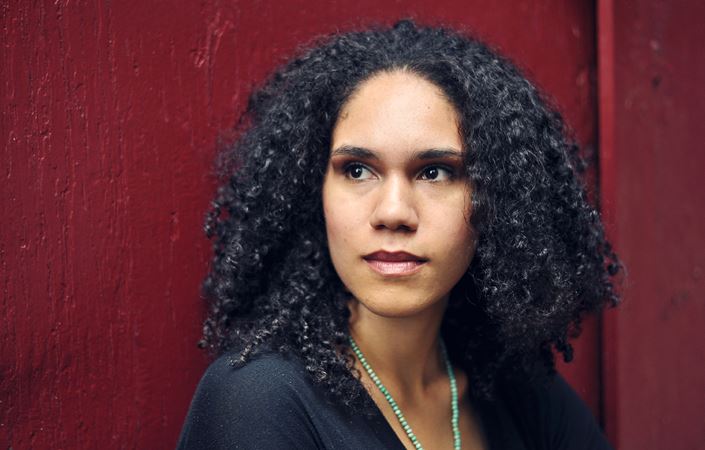
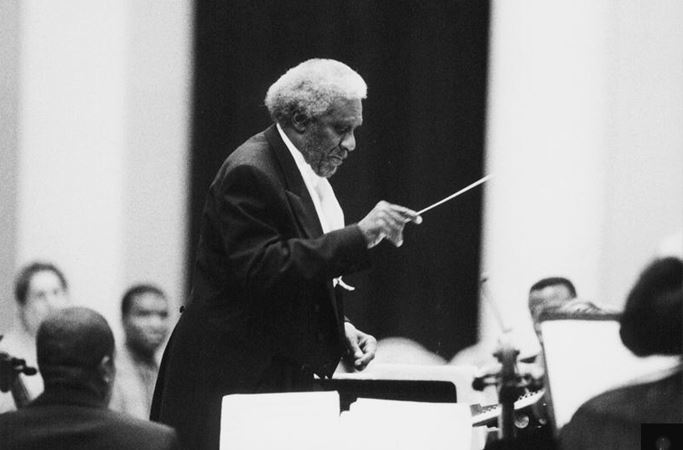
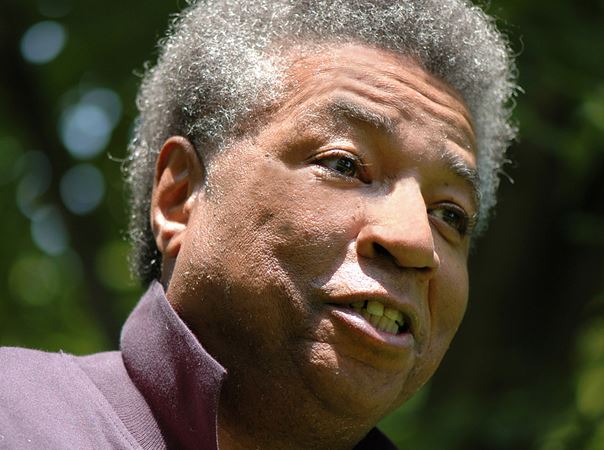
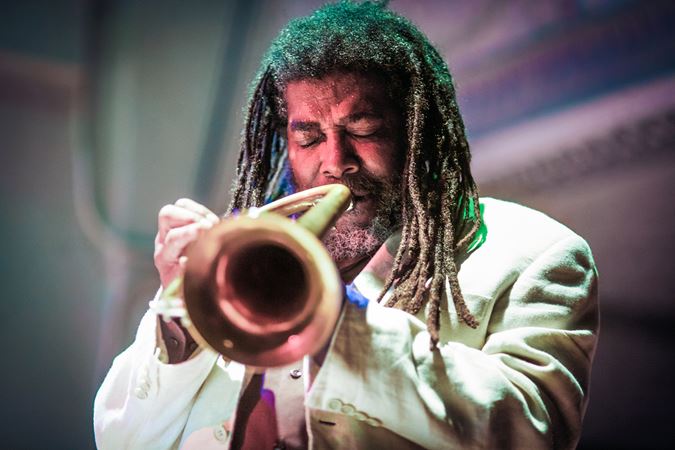
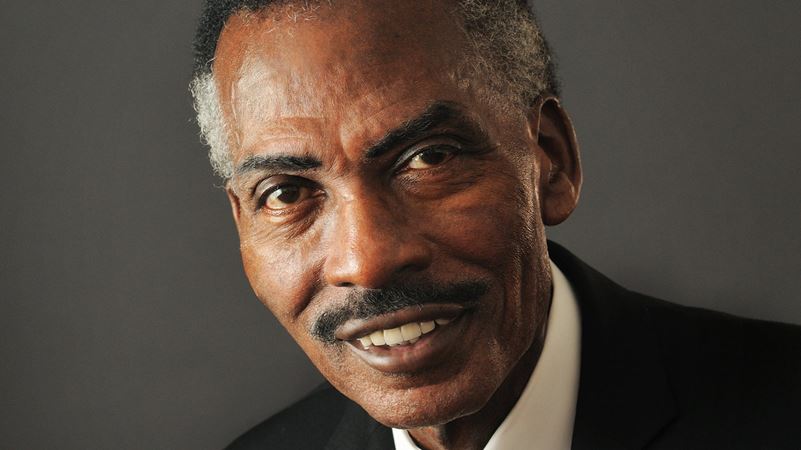
Michael Abels (1962- ): Acclaimed for his scores for writer-director Jordan Peele’s films “Get Out” (2017) and “Us” (2019), he completed his first orchestral work and had it performed when he was 13. Born in Phoenix, he grew up on a South Dakota farm. His orchestral works have been recorded by the Chicago Sinfonietta on the Evanston-based Cedille label. His opera Omar, co-composed with MacArthur “genius” grant winner Rhiannon Giddens and based on the life of an African Muslim slave turned scholar, is scheduled to receive its world premiere at the Spoleto Festival USA in May.
David Baker (1931-2016): Music director of the Smithsonian Jazz Masterworks Orchestra for more than 20 years and a pioneering music educator, he wrote more than 2,000 works, including jazz, orchestral, ballet, chamber and film scores, over his lifetime. Born in Indianapolis, he was chairman of the jazz department of Indiana University’s Jacobs School of Music. In 2000, he was named a National Endowment for the Arts Jazz Master, the field’s highest honor.
Renée Baker: Renowned as an influential curator of both classical and the new music, she has created hundreds of “Events” — performances well-suited to unconventional spaces (galleries, homes, gyms, museums, armories, etc.), as well as concert halls, which combine elements of music, dance, opera, scenery and lighting in unpredictable ways. Her creative philosophy is notable for having impacted artists outside music with her progressive approach; through her collaborations, she has produced an influential body of work in music and visual art, as well as movement and film.
Edward Bland (1926-2013): A composer, producer, arranger, orchestrator, the Chicago native synthesized three canons of music, classical, jazz and West African drumming, in the recording and film industries. Among the artists he produced, arranged or composed for were Jimi Hendrix, Lionel Hampton, Al Hirt and Dizzy Gillespie. With the rise of hip-hop in the ’80s, Bland’s efforts at what he called “urban classical funk” were sampled by artists such as Fat Boy Slim and Cypress Hill. Many of his scores were housed at Center for Black Music Research at Columbia College.
Anthony Davis (1951- ): Winner of the 2020 Pulitzer Prize for Music for his opera The Central Park Five (2019), he has been hailed by the New York Times as “the dean of African American opera,” with nine works written and produced thus far. His fourth opera, Amistad (1997), received its world premiere at Lyric Opera of Chicago. A native of Paterson, N.J., Davis also has written chamber, choral, orchestral, jazz and experimental music. A professor of music at the University of California, San Diego, he received in 2008 the Lift Every Voice Legacy Award from the National Opera Association to honor his pioneering work in opera.
Anthony R. Green (1984- ): Based in the Netherlands and in Boston, the composer and activist has said that his works revolve around “the ideals of equality and freedom, which manifest themselves in diverse ways in a composition, a performance, a collaboration or social justice work.” Green’s most important social justice work has been with Castle of Our Skins, a concert and education series dedicated to celebrating Black artistry through music. His ongoing opera project Alex in Transition follows the life of a trans woman “and her journey to truth and authentic living.”
Adolphus Hailstork (1941- ): The composer of works for chorus, solo voice, piano, organ, chamber ensembles, orchestra and opera, he has received commissions from the Detroit Symphony, Opera Theatre of St. Louis and the Los Angeles Philharmonic. He is now working on his Fourth Symphony, and his response to the George Floyd killing, A Knee on a Neck, for chorus and orchestra. He is a professor of music and eminent scholar at Old Dominion University in Norfolk, Va.
Jonathan Bailey Holland (1974- ): He was composer-in-residence during the 2018-19 season with the Cincinnati Symphony Orchestra — the first person to serve in that role with the orchestra. Highlights of recent seasons include a commission by Boston’s Isabella Stewart Gardner Museum that was inspired by John Singer Sargent’s dance-themed painting, “El Jaleo,” and the premiere of his orchestration of songs by Charles Ives with mezzo-soprano Jamie Barton and the American Composers Orchestra at Carnegie Hall’s Zankel Hall.
Tania León (1943- ): A composer, conductor, arts administrator and educator, the Havana-born pianist has written hundreds of works for orchestra, chorus, chamber ensembles, solo instruments and film. She was a founding member and the first musical director of the Dance Theater of Harlem. Based on a play by Nobel Prize winner Wole Soyinka, her opera Scourge of Hyacinths (1994) was commissioned by the Munich Biennale, where it was staged and designed by Robert Wilson, with León conducting. She is the founder and artistic director of Composers Now, created in 2010 to empower living composers by “celebrating the diversity of their voices and honoring the significance of their artistic contributions.”
George E. Lewis (1952- ): Lauded as a leader and scholar in the fields of improvisation and experimental music, he has had his works performed on more than 150 recordings. The Chicago native started out on the trombone and went on to perform with greats such as Anthony Braxton, Count Basie and David Murray. He has been a member of the Association for the Advancement of Creative Musicians since 1971. A winner of a MacArthur Fellowship in 2002, Lewis is vice chair of the music department at Columbia University.
Wendell Logan (1940-2010): Founder of the jazz studies department at the Oberlin Conservatory of Music, he was inspired to take up composing after hearing Stravinsky’s The Firebird in concert. His compositional style was once described by the New York Times as integrating “modernism, European classicism and African-American musical traditions like jazz, blues and gospel into a seamless whole.” Born in Thomson, Ga., Logan was a virtuoso on the trumpet and saxophone.
Nicole Mitchell (1967- ): Primarily known in her role as a flutist, she’s also a composer, bandleader and educator. A native of Syracuse, N.Y., Mitchell celebrates endless possibility by “creating visionary worlds through music that bridge the familiar with the unknown.” A recipient of the prestigious Herb Alpert Award (2011) and the Doris Duke Artist Award (2012), she is the director of jazz studies in the University of Pittsburgh’s Dietrich School.
Roscoe Mitchell (1940- ): A co-founder of the legendary avant-garde Art Ensemble of Chicago and the Association for the Advancement of Creative Musicians, the multi-instrumentalist has continued to segue effortlessly among jazz, contemporary classical and experimental music. Born in Chicago, he has remained artistically connected to his hometown, as evidenced by the 2017 double disc “Bells for the South Side” (ECM), recorded at the city’s Museum of Contemporary Art. He was named an NEA Jazz Master in 2020.
Jessie Montgomery (1981- ): Originally trained as a violinist, the Manhattan native has created a life that merges composing, performance, education and advocacy. Her works weave classical music with elements of vernacular music, improvisation and language, placing her “squarely as one of the most relevant interpreters of 21st-century American sound and experience.” The winner of the Leonard Bernstein Award from the ASCAP Foundation, she was selected by the New York Philharmonic as one of the featured composers for its Project 19, marking the centennial of the ratification of the 19th Amendment.
Coleridge-Taylor Perkinson (1934-2004): The composer and conductor of scores for theater, film and television, he was co-founder and associate conductor for the Symphony of the New World from 1965 to 1970 and was its acting music director during the 1972-73 season. He also appeared as guest conductor with many orchestras worldwide and served as music director for the Alvin Ailey Dance Company and the Dance Theatre of Harlem. Also an accomplished jazz sideman, he played piano for percussion great Max Roach, and wrote arrangements for Marvin Gaye and Harry Belafonte. Perkinson spent his final years in Chicago as the coordinator of performance activities at the Center for Black Music Research at Columbia College.
Alvin Singleton (1940- ): The Brooklyn native has composed music for theater, orchestra, solo instruments and chamber ensembles. After serving as composer-in-residence with the Atlanta Symphony Orchestra (1985-88), he took on the same role at Spelman College in Atlanta (1988-91), the Detroit Symphony Orchestra (1996-97) and the Ritz Chamber Players (2002-03) of Jacksonville, Fla. In addition, he has served as visiting professor of composition at the Yale University School of Music.
Wadada Leo Smith (1941- ): A Pulitzer Prize finalist in 2013 for his Ten Freedom Summers, the Leland, Miss., native grew up steeped in the blues. Known for his avant-garde and free improvisation jazz, he defines his output as “creative music.” For the last five decades, the multi-instrumentalist has been a member of the legendary Chicago-based collective the Association for the Advancement of Creative Artists.
Olly Wilson (1937-2018): A composer, conductor, performer and scholar, the St. Louis native was known for integrating African and African American musical styles into his work. He taught at Oberlin, where he introduced a course in African American music and the first-ever electronic music program at a conservatory. From 1970 to 2002, he was on the faculty at University of California at Berkeley, where he was a staunch champion of diversity in the arts. He also received a Guggenheim grant to study in Africa, which resulted in the orchestral work Shango Memory, regarded as a major influence on the ways in which African traditions were reflected in music by African Americans.



